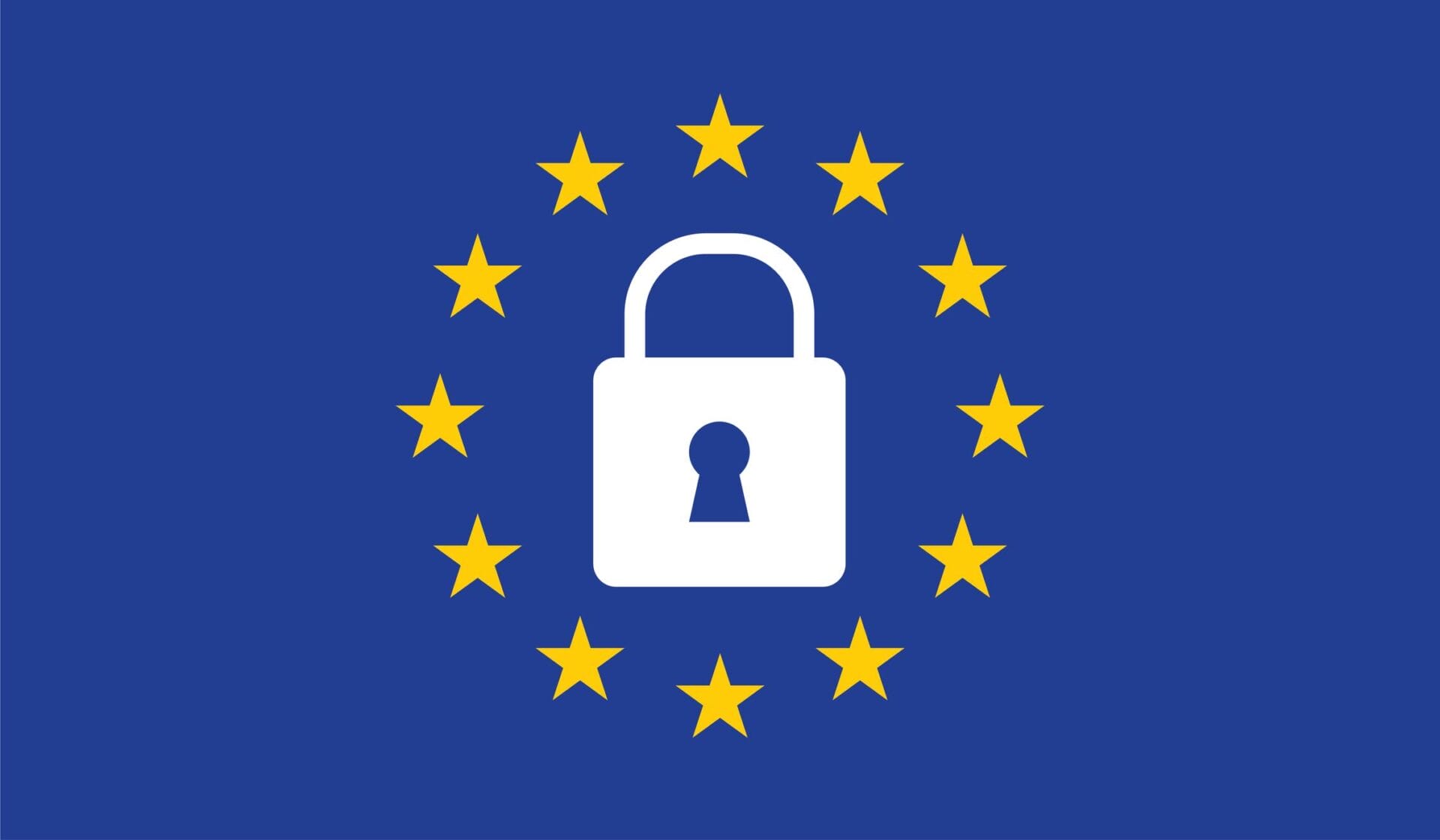In the digital age, where personal data is more valuable than ever, businesses and consumers alike are facing new regulations and challenges. One such regulation that has caused waves in the realm of data protection is the General Data Protection Regulation (GDPR). But what does GDPR really mean for businesses and consumers? In this article, we will explore the intricacies of GDPR and its implications for all parties involved.
Headings for the article:
Implications for Businesses
Businesses need to be aware of the significant impact that GDPR has on their operations. Compliance with the regulations is essential to avoid hefty fines and damage to their reputation. Here are some key points for businesses to consider:
- Data Protection: Implementing measures to protect all personal data collected from customers is crucial.
- Consent: Obtaining clear and explicit consent from individuals before processing their personal data is mandatory.
- Accountability: Businesses must demonstrate compliance with GDPR by keeping detailed records of data processing activities.
Impact on Consumers
For consumers, GDPR brings about a heightened level of data protection and transparency when it comes to how their personal information is handled. Here are a few ways in which GDPR benefits consumers:
- Increased Control: Individuals have more control over what happens to their personal data, including the right to access and request deletion of their information.
- Enhanced Transparency: Consumers can now expect greater transparency from businesses regarding the collection and processing of their data.
- Improved Trust: With stricter regulations in place, consumers can feel more confident that their data is being handled responsibly by businesses.
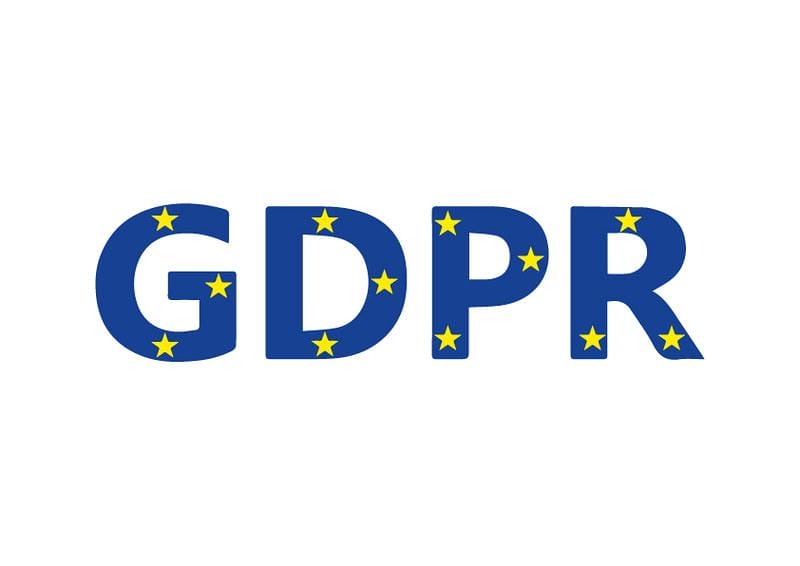
Overview of GDPR Regulations and Key Concepts
Many businesses today are grappling with the impact of the General Data Protection Regulation (GDPR) on their operations. This comprehensive set of regulations established by the European Union in 2018 aims to protect the personal data of individuals within the EU and European Economic Area. GDPR affects not only businesses based in the EU, but also those that process the data of EU citizens, regardless of their location.
Key concepts of GDPR include ensuring that personal data is processed lawfully, transparently, and for a specific purpose. Businesses must obtain clear consent from individuals before collecting their data, and they are required to implement appropriate security measures to protect this data. Individuals have the right to access their own data, request its deletion, and object to its processing. Non-compliance with GDPR can result in significant fines, so it is crucial for businesses to understand and adhere to these regulations.
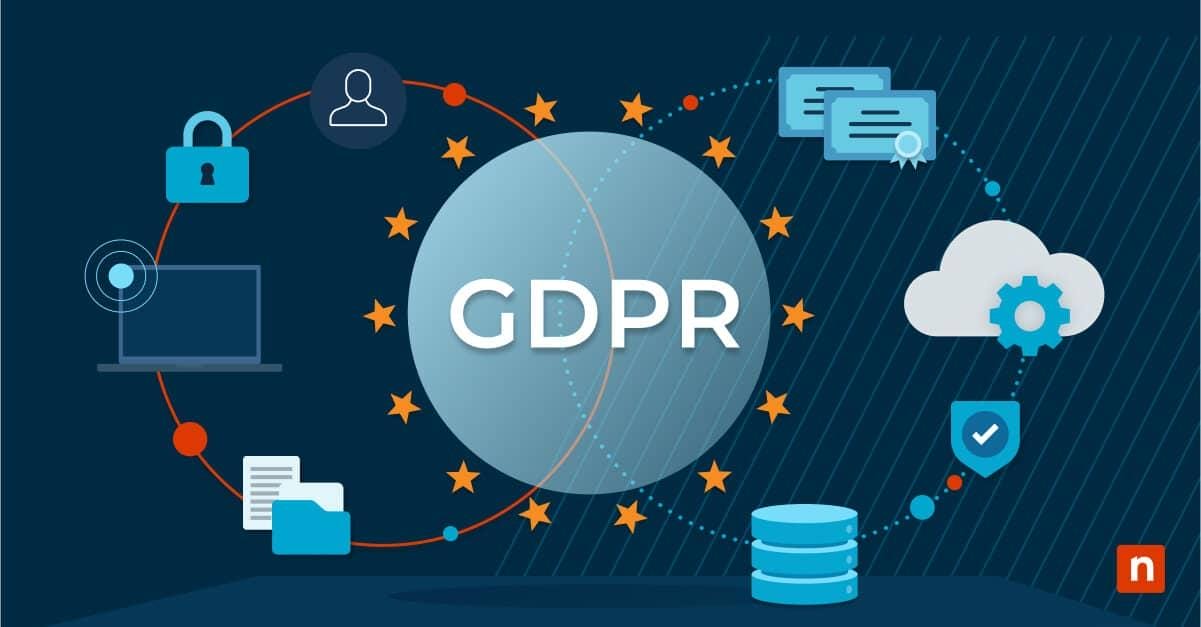
Implications of GDPR Compliance for Businesses
Businesses today must navigate the complex landscape of data protection laws, with the General Data Protection Regulation (GDPR) having a significant impact on how they handle personal data. Compliance with GDPR is not just a legal requirement, but also a way to build trust with consumers. One of the key implications of GDPR for businesses is the need to obtain explicit consent from individuals before collecting and processing their personal data. This means that businesses must be transparent about how they use data and give individuals control over their own information.
Another important implication of GDPR compliance is the requirement for businesses to implement robust data protection measures to safeguard personal data. This includes measures such as encryption, regular security audits, and data breach notification procedures. Failure to comply with GDPR can result in hefty fines, damage to the reputation of the business, and loss of customer trust. Overall, GDPR compliance is not just about avoiding penalties, but it is also an opportunity for businesses to demonstrate their commitment to data privacy and security.
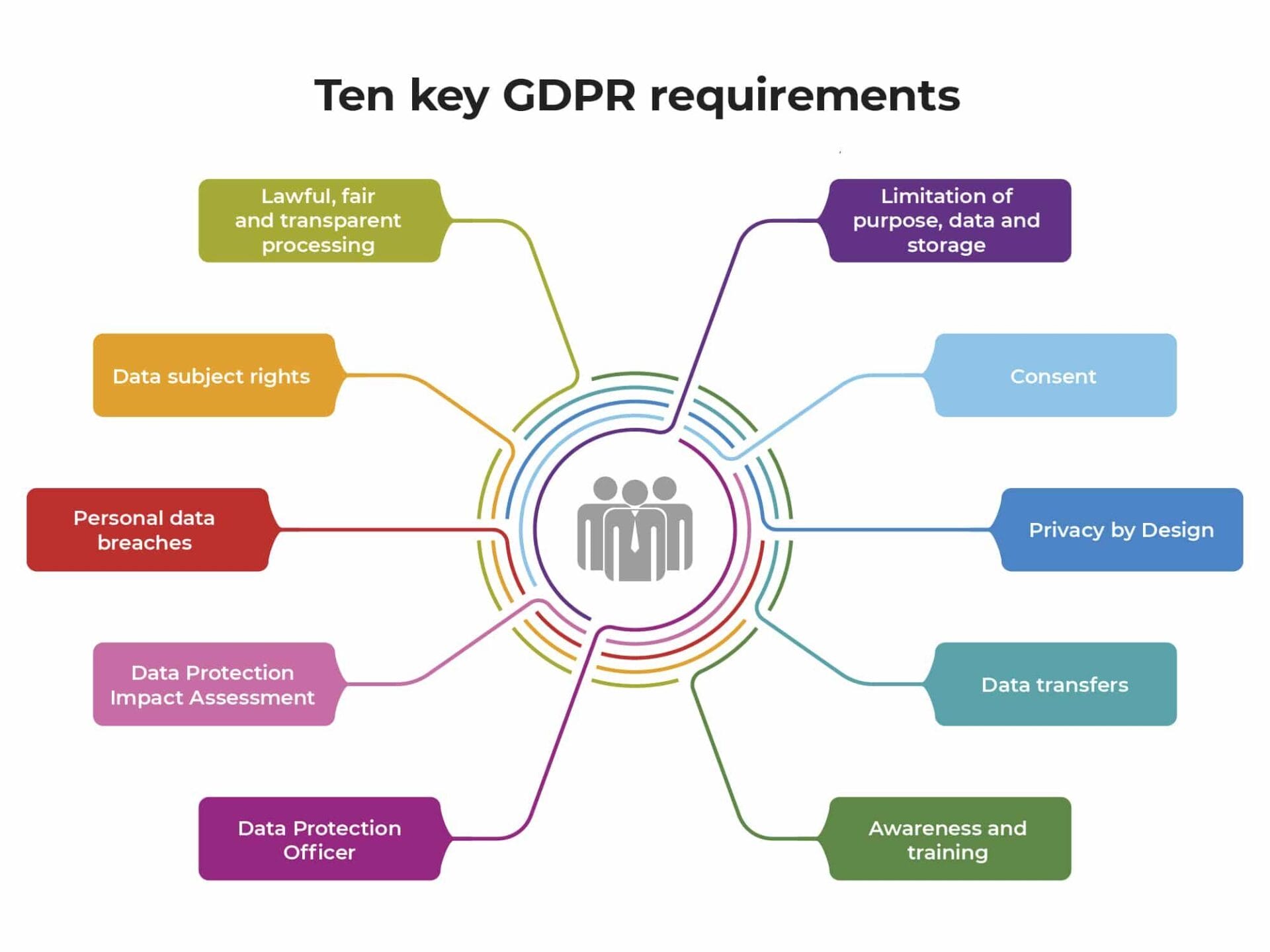
Impact of GDPR on Consumer Data Protection Rights
The General Data Protection Regulation (GDPR) has had a significant impact on consumer data protection rights since its implementation. One of the key changes brought about by GDPR is the requirement for businesses to obtain explicit consent from consumers before collecting their personal data. This means that businesses must clearly explain how they will use the data, how long it will be stored, and provide consumers with the option to opt out.
Another important aspect of GDPR is the right to access and rectify personal data. Consumers now have the right to request a copy of the data that a business holds about them, as well as the ability to request corrections or deletions if the data is inaccurate or no longer necessary. This gives consumers more control over their personal information and helps to ensure that businesses are held accountable for how they handle data.
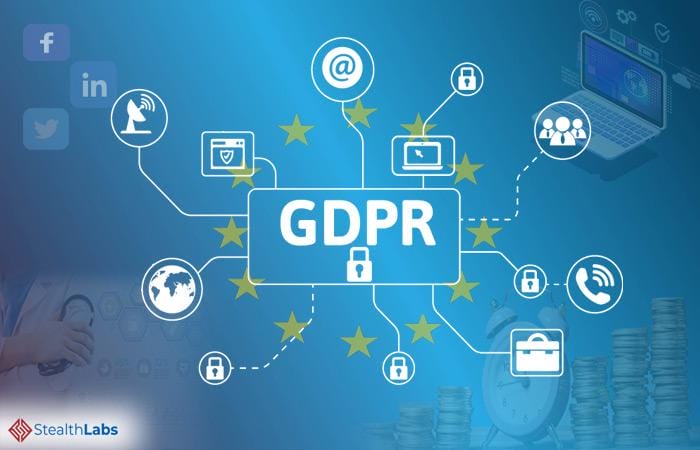
Recommendations for Ensuring GDPR Compliance in Business Operations
Businesses today must prioritize GDPR compliance in their operations to ensure they are protecting the data privacy rights of individuals. One key recommendation is to conduct regular audits of data processing activities to identify any potential risks or gaps in compliance. This can involve reviewing data collection processes, storage protocols, and access controls to ensure they align with GDPR requirements.
Another important step is to provide training for all employees on GDPR regulations and best practices for handling personal data. This helps to educate staff on their responsibilities and reduces the risk of data breaches or non-compliance. Additionally, appointing a Data Protection Officer (DPO) within the organization can help to oversee GDPR compliance efforts and serve as a point of contact for data protection authorities.
Future Outlook
As businesses and consumers navigate the complexities of GDPR, it is crucial to remember the importance of data protection and privacy in our digital world. By understanding the regulations and compliance requirements outlined in GDPR, we can work towards a more secure and transparent online environment. Let us strive to uphold these standards in our daily practices, ensuring the safety and trust of all those who engage with our businesses. Together, we can build a safer and more ethical digital future.

